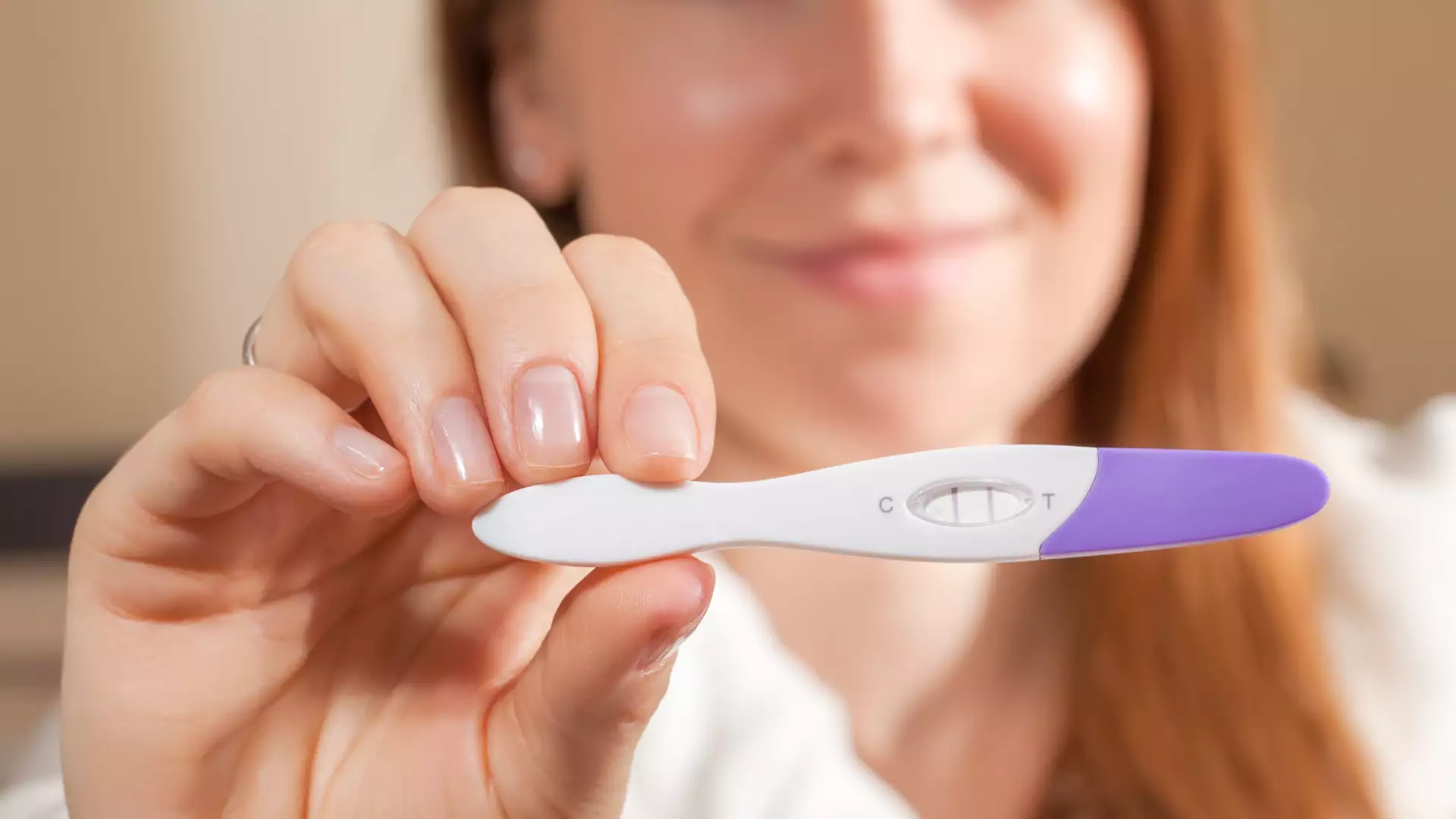
How and When Should a Pregnancy Test Be Performed?
- How and When Should a Pregnancy Test Be Performed?
- What are the Types of Pregnancy Tests?
- How to Take an Early Pregnancy Test?
- In Which Situations Does It Have False Positive Results?
- In Which Situations Does It Have False Negative Results?
Menstrual delay is considered one of the biggest signs of pregnancy in women. It is possible for a woman who is menstruating regularly to take a pregnancy test after the sixth day of her period with the suspicion of pregnancy. In some cases, it is possible that the pregnancy is not visible through the urinary tract with the late fertilization of the homonym or egg. According to the researches, it is very important to do a pregnancy test one week after the menstrual period, 7 days after the menstrual period, in order to get the most accurate result from the pregnancy test. Testing as soon as you wake up in the morning gives you the most accurate result thanks to the HCG hormone accumulated in the urine throughout the night. Women who have irregular menstrual cycles should take a pregnancy test 21 days after the last sexual intercourse, that is, three weeks later. Since the increase in the level of pregnancy hormone in the blood and urine may take a long time, it is necessary not to act hastily in applying for the pregnancy test. HCG hormone, which is secreted after it settles in the uterus, can only pass into the mother's blood. Although pregnancy occurs, it may take a few days for this hormone to pass into the blood or urine.
What are the Types of Pregnancy Tests?
Pregnancy test can be done with blood and urine tests. In both tests, the results of the test are obtained by monitoring the value of HCG hormones. With the rise of this hormone in the blood, the sign of fertilization is considered to have occurred. HCG hormone (Human Chorionic Gonadotropin) is the situation in which the embryo begins to be produced with its placement in the uterus.
While applying a pregnancy test at home, it is very important to use methods that monitor the hormone level in your urine in terms of accuracy as a result of the test, and you will be able to get results in a few minutes by having pregnancy kits that evaluate your urine in terms of pregnancy.
Blood tests can provide you with more reliable and precise results compared to urine tests. These tests, on the other hand, should be performed in a sterile manner in hospital environments and should be evaluated by experts thanks to laboratory analysis.
How to Take an Early Pregnancy Test?
Early pregnancy tests are procedures performed in line with blood analyzes in the stages before the HCG hormone is observed in the urine. Thanks to these analyzes, it is possible to get results 7 to 12 days earlier than urine tests.
Findings that are signs of pregnancy are detected thanks to the blood sample, and clearer and earlier results can be obtained from these tests compared to urine tests. It will be possible to have blood tests done in any of the hospitals, which are any health institutions, together with your request. The finalization and delivery of the results may vary according to the intensity of the health institution, but under normal conditions, it is possible to get your blood test results within 1 hour.
In Which Situations Does It Have False Positive Results?
Positive results can be obtained in urine kits used for the detection of HCG hormone, even without the presence of pregnancy. It may be possible to show positive results in urine kit tests after events such as ectopic pregnancy, chemical pregnancy and miscarriage or abortion, that is, double lines. In addition to the tests you have done at home, you can also make blood tests, making it easier for you to detect and diagnose your pregnancy more clearly.
In Which Situations Does It Have False Negative Results?
If the HCG hormone in your urine does not increase, a negative pregnancy test may be observed if you have taken the test. Even if the test result is negative in the tests you have applied before the day of your period, it may be possible to be pregnant.





